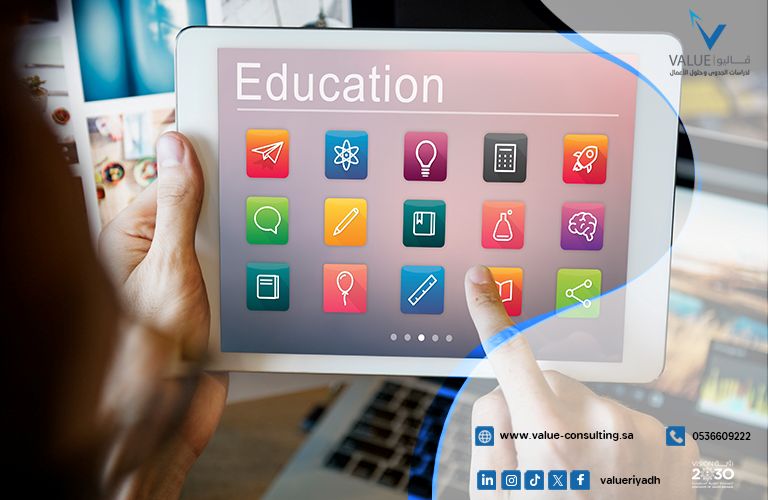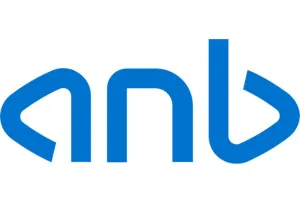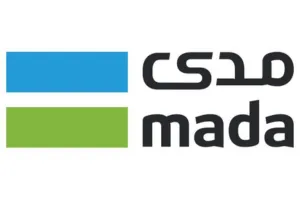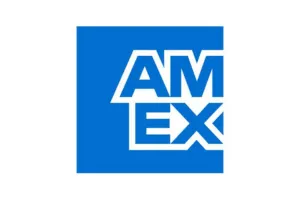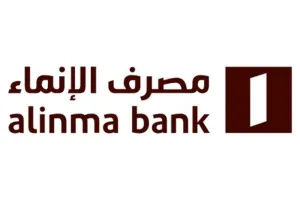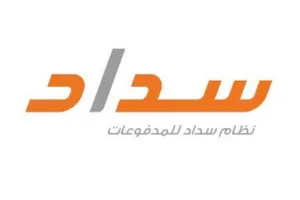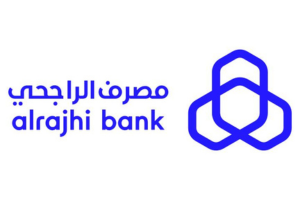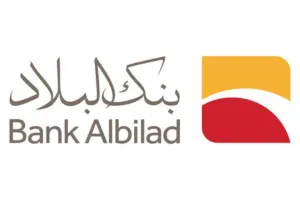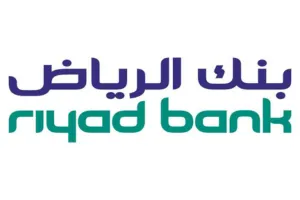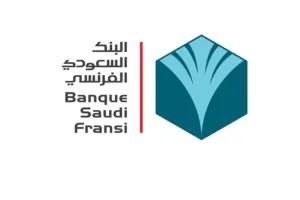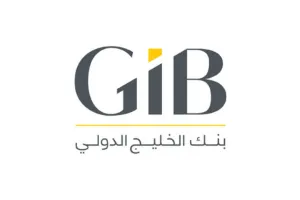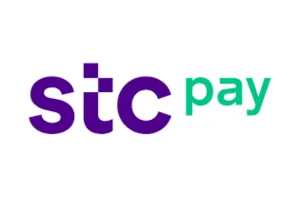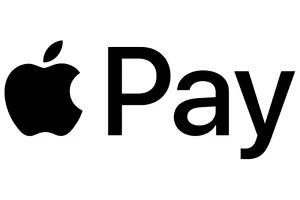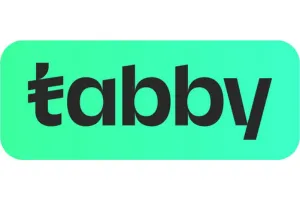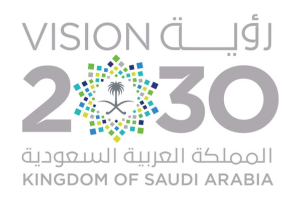Digital school
A digital school is an educational institution that relies entirely on modern technologies in delivering educational programs through electronic platforms, where students are taught remotely using the latest technological tools such as virtual classrooms, e-learning platforms, and digital resources. The goal of this project is to provide a flexible learning environment that is available anytime and anywhere, making it easier for students to learn academic skills and different disciplines in an innovative and effective way.
The digital school relies on a group of trained teachers who deliver academic content in an interactive manner, in addition to offering online courses that target a variety of students including those who do not have access to traditional education.
Study content
Rationale for choosing the project
Technological development: With increasing reliance on technology in all areas of life, digital education is an essential part of the future of education.
Flexibility in education: A digital school offers flexibility in choosing when and where to learn, making education easier for students who have difficulty enrolling in traditional schools.
Reaching students in remote areas: The digital school expands the reach of education to students in remote areas where traditional schools may not be available.
Investment advantages
Reduced operational costs: Digital schools have lower operational costs compared to traditional schools because they don’t need to build extensive physical facilities.
New markets: A digital school opens up new markets in areas not covered by traditional schools.
Expanding reach: A digital school can attract students nationwide and even from other countries, expanding the reach of the business.
Demand analysis
Increased demand for distance education: As the demand for remote education increases, especially during the coronavirus pandemic, there is a lot of interest in digital schools.
Government directives: The Saudi government is supporting digital transformation in education through several projects aimed at digitizing education in schools and universities.
Current challenges: As challenges facing traditional education, such as overcrowded classrooms, increase, digital schools are becoming an attractive option for many families.
Financial indicators
Total initial investment: Between SAR 2 million to SAR 5 million, including the costs of developing the digital platform, educational materials, and app marketing costs.
Return on Investment (ROI): Expected return of 20% to 30% per year, as a result of lower operational costs compared to traditional schools.
Expected revenue: The primary income will be through monthly or annual subscriptions from parents, with additional income from the sale of courses and advertising.
Annual growth rate: Annual growth is expected to be 10% to 15% as the market expands and the use of distance education increases.
Break-even point: The break-even point is expected to be reached between 18 to 24 months after the launch of the app.
Features of the project
Personalized education for students: A digital school provides a personalized education that students can receive that matches their learning style.
Anytime, Anywhere Education: Digital education allows students to access lessons at their convenience through the internet.
Affordable education: Reduces transportation costs and university facilities and provides an opportunity for students who cannot attend traditional schools.


